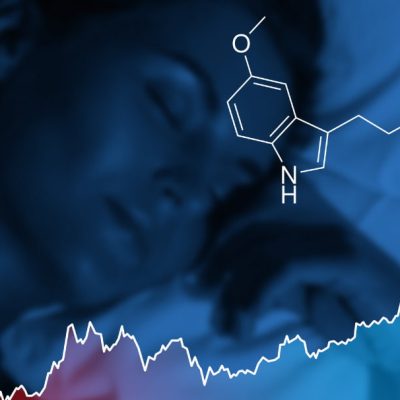Alcohol addiction is a vicious cycle that triggers changes in the brain and behavior. People with alcohol use disorder (AUD) exhibit risky behavior and impulsivity, which may be explained by inflammation in brain regions that play a crucial role in decision-making. Researchers at Scripps Research have discovered new insights into the role of the immune system in AUD. According to their publication in Brain, Behavior, and Immunity, the concentration of the immune signaling molecule interleukin 1? (IL-1?) is significantly increased in the brains of alcohol-dependent mice. Moreover, the IL-1? signaling pathway in these mice functions abnormally, leading to inflammation in brain regions that are central to decision-making processes.
The researchers found that these inflammatory changes in the brain could explain some of the risky decisions and impulsivity observed in people with alcohol addiction. Furthermore, their results suggest that existing anti-inflammatory drugs that target the IL-1? pathway could be used to treat alcohol addiction. The team also demonstrated that the IL-1? signaling in the alcohol-dependent group was not only amplified but also fundamentally different. In mice that were not exposed to alcohol or consumed moderate amounts of alcohol, IL-1? triggered an anti-inflammatory signaling pathway, which in turn reduced the concentration of the inhibitory neurotransmitter gamma-aminobutyric acid (GABA), a signaling molecule known to regulate neuronal activity in the brain. However, in alcohol-dependent mice, IL-1? molecules activated pro-inflammatory signaling pathways and increased the GABA concentration, which likely contributes to some of the changes in brain activity associated with AUD.
It is noteworthy that these changes in IL-1? signaling persisted even during the alcohol withdrawal phase in alcohol-dependent mice. Drugs that inhibit the activity of IL-1? have already been approved by the US Food and Drug Administration for the treatment of rheumatoid arthritis and other inflammatory diseases. Further research is needed to determine whether these existing drugs could also be used to treat alcohol addiction. The researchers plan to supplement this study with additional investigations to understand how targeting specific components of the IL-1? signaling pathway could be useful in the treatment of alcohol addiction.










